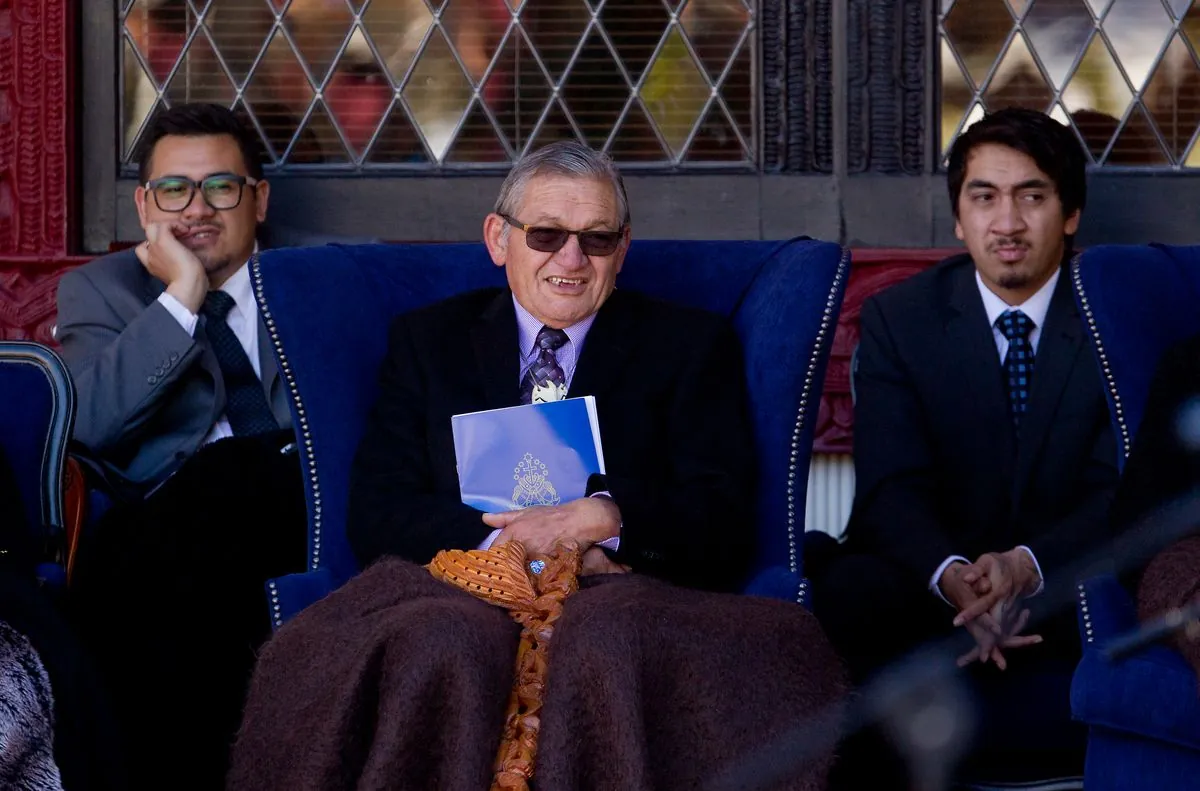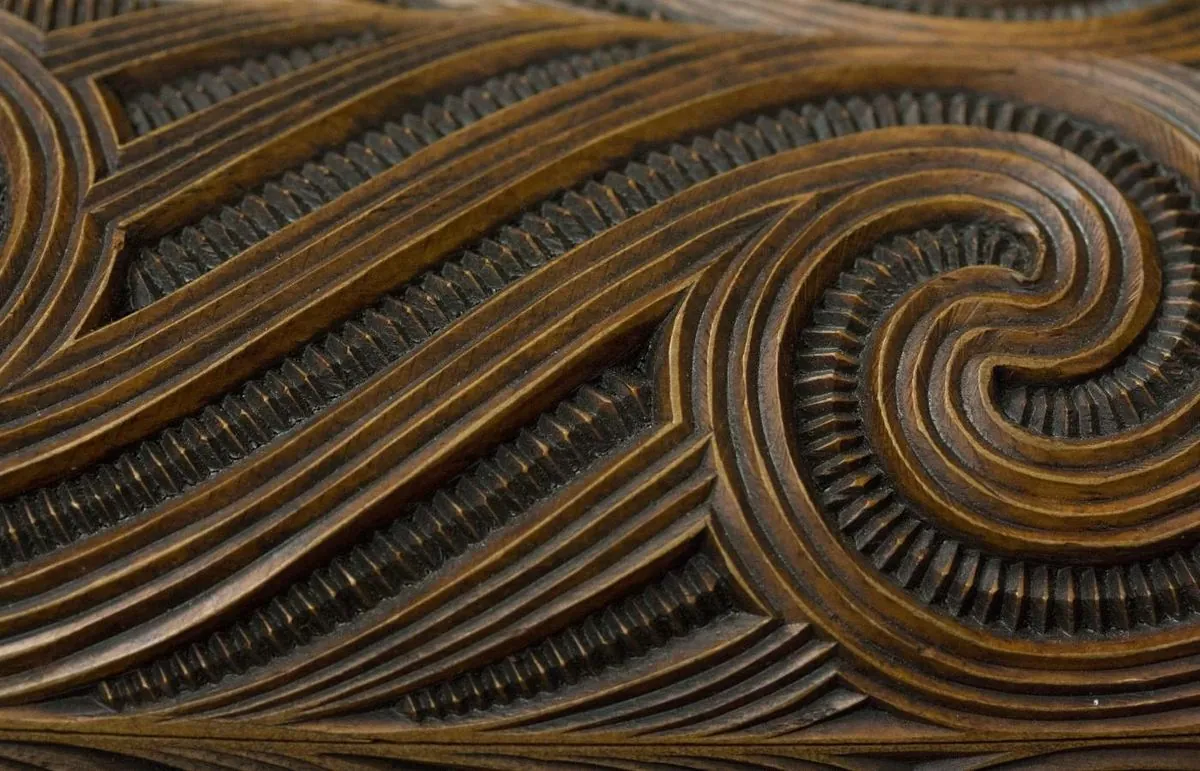Maori King Tuheitia Passes Away at 69, Nation Mourns
New Zealand's Maori King Tuheitia died at 69, shortly after heart surgery. The ceremonial leader's passing prompts reflection on the Kiingitanga movement and its cultural significance.

On August 29, 2024, Kiingi Tuheitia Pootatau Te Wherowhero VII, the Maori King of New Zealand, passed away at the age of 69. The monarch's death occurred shortly after he underwent heart surgery, just days following the 18th anniversary of his coronation.
Kiingi Tuheitia assumed the role in 2006, succeeding his mother, Queen Dame Te Atairangikaahu. The Maori monarch, while a position of great cultural significance, does not hold legal or judicial authority in New Zealand. Instead, it serves as a unifying symbol for the Maori people, who make up approximately 16.5% of the country's population.
The King Movement, known as Kiingitanga, originated in 1858 as a means to unite indigenous tribes against colonialism. This movement has played a crucial role in preserving Maori culture and traditions. The Maori, who arrived in New Zealand around 1320 CE, have a rich cultural heritage that includes unique art forms such as wood carving, weaving, and the traditional ta moko tattooing.

The selection process for the new Maori monarch differs from hereditary systems. Tribal leaders associated with the King Movement will appoint the successor on the day of Kiingi Tuheitia's funeral, prior to his burial. This process reflects the complex social structure of Maori society, which is traditionally organized into iwi (tribes) and hapu (sub-tribes).
New Zealand's political leaders expressed their condolences and praised Kiingi Tuheitia's contributions. Prime Minister Christopher Luxon acknowledged the King's dedication to his people and the Kiingitanga values. Former Prime Minister Jacinda Ardern highlighted his advocacy for Maori rights, fairness, and prosperity.
The funeral rites, known as tangihanga, are expected to last at least five days. This traditional Maori farewell ceremony will likely incorporate elements of Maori culture, such as the hongi greeting and possibly the performance of a haka, the famous Maori war dance.
Kiingi Tuheitia's passing comes at a time when efforts to preserve and promote Maori culture are ongoing. The establishment of the Waitangi Tribunal in 1975 to address historical grievances and the launch of Maori Television in 2004 are examples of initiatives aimed at strengthening Maori identity within New Zealand society.
As the nation mourns, the legacy of Kiingi Tuheitia and the Kiingitanga movement continues to play a vital role in maintaining the cultural heritage of the Maori people in Aotearoa, the Maori name for New Zealand, meaning "land of the long white cloud."
"The death of Kiingi Tuheitia is a moment of great sadness for followers of Te Kiingitanga, Maoridom and the entire nation."
This solemn occasion serves as a reminder of the importance of preserving indigenous cultures and the ongoing journey towards reconciliation and understanding between all New Zealanders.


































